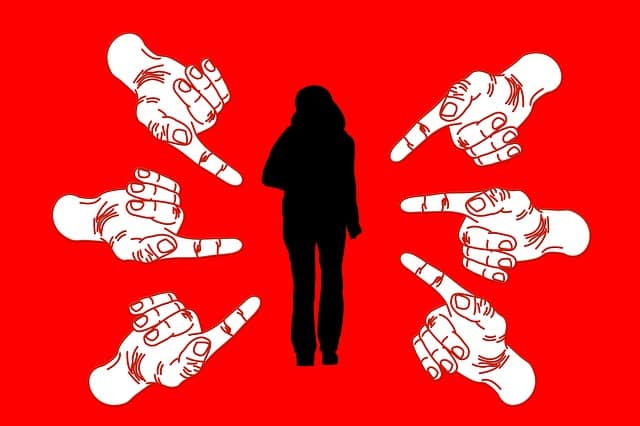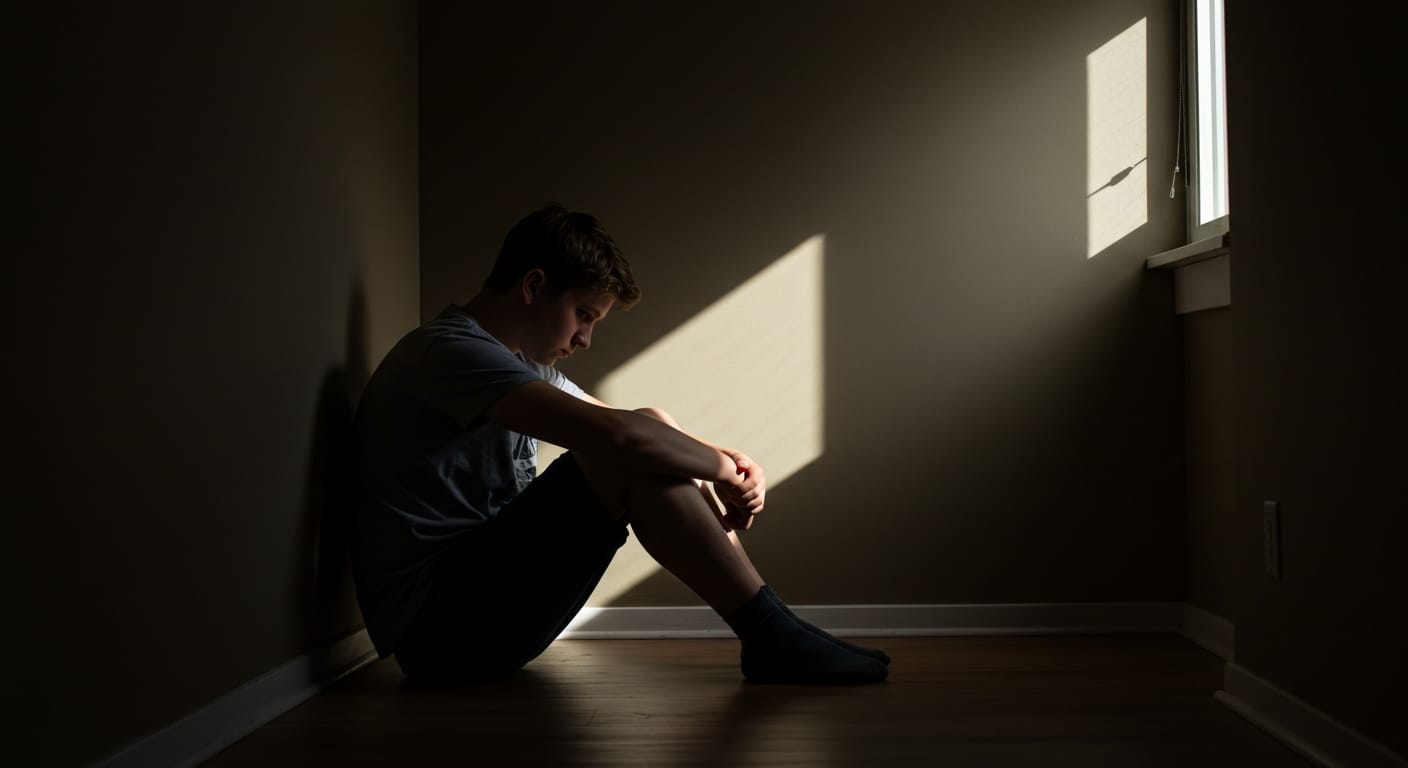The Hidden Weight of Guilt
Guilt can feel like a heavy blanket you can’t shake off. When you’re a teen battling depression, the past can feel even heavier—like it’s always right there, whispering your worst moments back at you. You might think you’re just reflecting, but depression often distorts your memories, making them seem worse than they actually were.
Let’s get this clear: dealing with guilt is hard—but holding onto it makes healing even harder.
When Guilt Is Useful—and When It’s Not
It’s okay to feel guilty. Guilt can actually be a good thing—it shows you care. If you’ve hurt someone or done something wrong, guilt can push you to make amends, apologize, or learn from the experience. That’s growth.
But not all guilt is healthy.
Sometimes, we hold onto things that:
-
Weren’t our fault
-
Happened a long time ago
-
Were small but feel huge now
-
We’ve already apologized for—but can’t forgive ourselves
This kind of guilt can morph into shame, which whispers: “You’re a bad person.”
That’s a lie. You’re not bad. You’re human.
The Link Between Guilt, Shame, and Depression
Unresolved guilt can feed depression. And when shame creeps in, it makes you believe you’re broken or unworthy. It gets harder to ask for help, harder to move on, harder to believe you deserve peace.
But here’s the truth:
You deserve happiness. You deserve forgiveness. You deserve to feel free.
How to Start Letting Go
Letting go takes time, but it starts with a choice.
1. Recognize the distortion.
Depression can make the past look worse than it was. Ask yourself honestly: Is this guilt helping me grow—or just tearing me down?
2. Say it out loud.
Acknowledge your guilt. Don’t bury it. Tell someone you trust, or say it to yourself:
“I made a mistake, but I am not a mistake.”
3. Write it down and let it go.
Write out what’s bothering you in detail. Include phrases like:
-
“This wasn’t all my fault.”
-
“I am letting this go.”
-
“I forgive myself.”
Then tear the paper up. Burn it safely. Throw it away.
It may seem small, but this symbolic act can help shift your mind from holding on to finally releasing.
4. Practice self-compassion.
Talk to yourself the way you’d talk to a friend in your shoes. Be kind. Be patient. You’re learning and growing, just like everyone else.
When It Feels Too Big to Carry Alone
If the guilt or shame is too heavy, don’t face it alone. Talk to a therapist or counselor. They’re trained to help you process those feelings and move forward. That’s not weakness. That’s bravery.
You Are More Than Your Past
You are not the worst thing you’ve done. You are not defined by one moment, one choice, or one chapter of your story.
Forgiveness is a process. And every time you breathe through the pain, speak the truth about what you deserve, and take one step forward—you’re healing.
In Case You Need to Hear This Today:
-
You are not broken.
-
You can make peace with your past.
-
You are still worthy of love and happiness.
-
It’s okay to move forward—even if you’re still hurting.
One day, the guilt and shame that feel so loud today will fade into something quieter—something you’ve learned from, not something that controls you.


